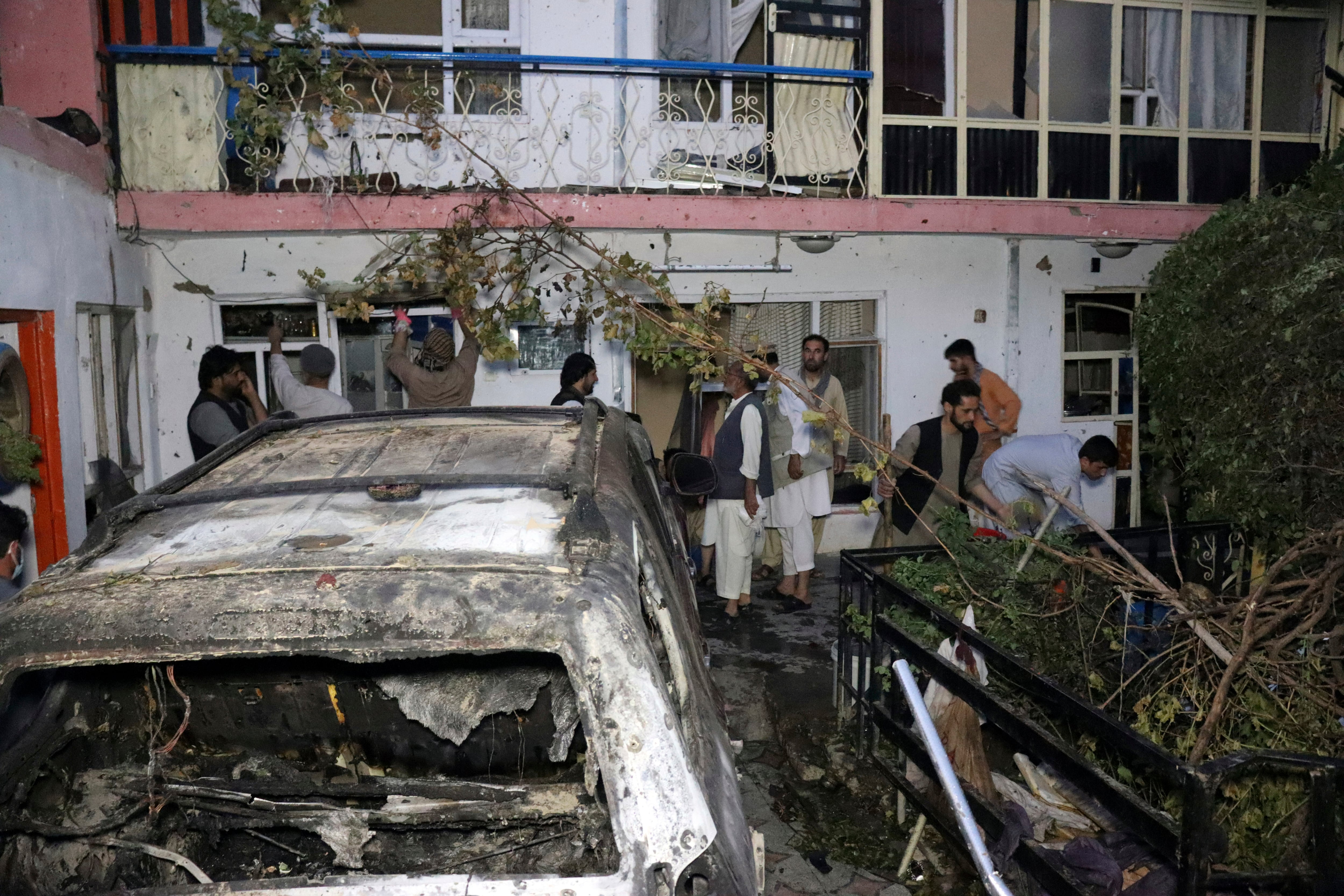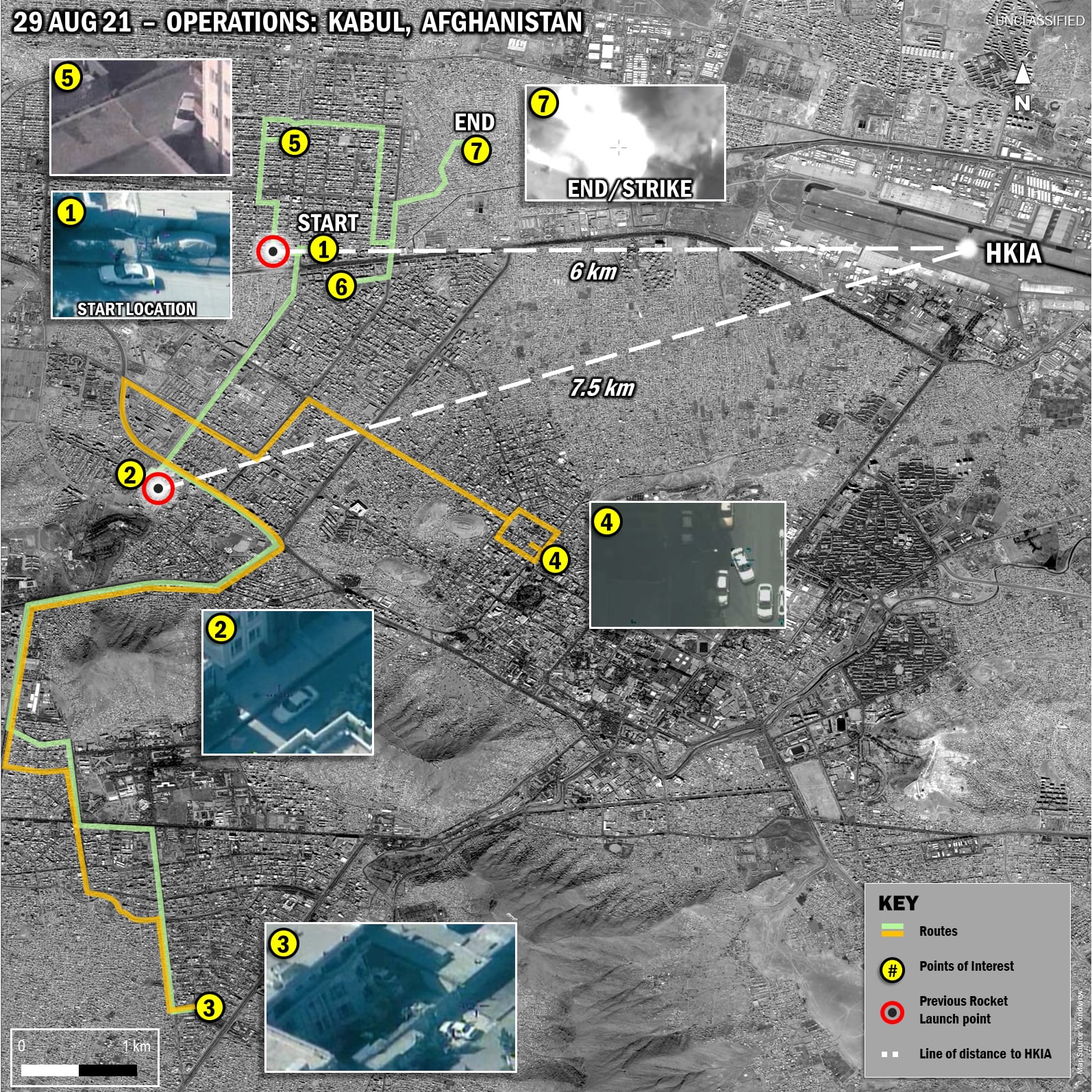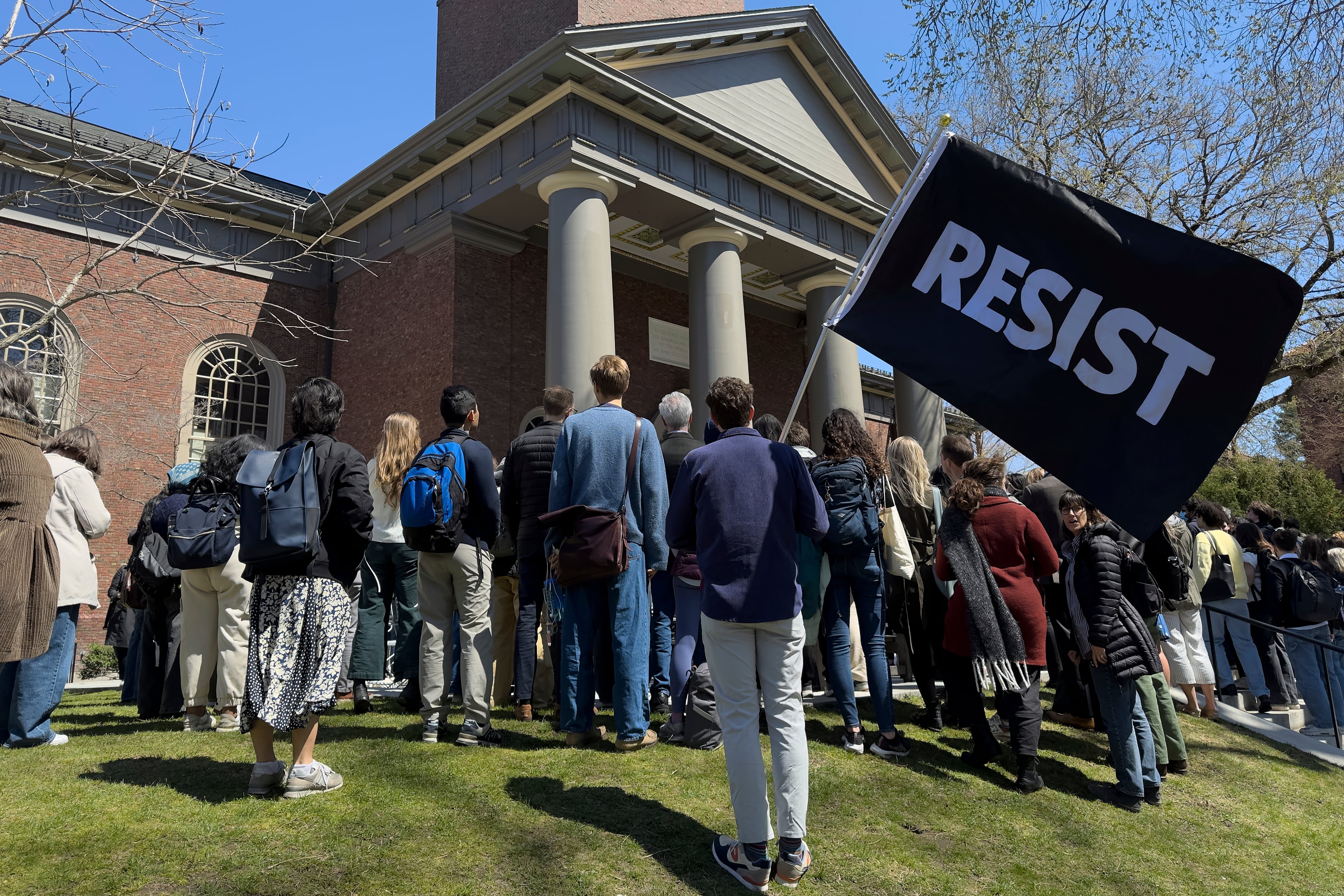Defense Secretary Lloyd Austin has tasked the Air Force with designating a general who will conduct a review of the investigation into the Aug. 29 Hellfire missile strike in Kabul that reportedly killed 10 people, Pentagon spokesman John Kirby told reporters Monday.
In a memo dated Friday, he said, Austin directed Air Force Secretary Frank Kendall to choose a three-star or above to investigate what went wrong, how strike targeting might be changed in the future, and whether anyone involved in the mission should be disciplined.
“Part of that review will be to examine the investigation itself, the thoroughness of the investigation; to study the degree to which any policies, procedures or targeting mechanisms may need to be altered going forward, if any; and of course, to then take a look at what levels of accountability might be appropriate, and if so, at what level,” Kirby said.
Marine Gen. Frank McKenzie, head of U.S. Central Command, announced Friday that the initial investigation into the strike found that the U.S. erroneously targeted a civilian in its attempt to neutralize an imminent ISIS-K threat against troops manning the gates at the Kabul airport.
Once the Air Force selects a general, that officer will have 45 days to complete the review and report it to Austin, with recommendations for any changes or actions.
RELATED

A review of this kind does not necessarily result in criminal charges, but may result in the removal of a decision-maker from his or her position, which could have career consequences down the line.
While McKenzie said Friday that CENTCOM would explore making payments to the families of those killed in the strike, Kirby said that Austin would support evacuating them out of the country if they were interested.
The initial investigation found that the white Toyota Corolla intelligence reports had flagged as suspicious did not contain ISIS bombmakers, though the targeting team on the ground in Kabul first noticed this particular car when it was parked outside of a known ISIS compound, McKenzie said.
The New York Times first reported that the attack actually targeted an Afghan civilian who had worked for an American aid organization over the previous 15 years. McKenzie confirmed that the car made a stop at that organization’s headquarters during the eight hours it was under surveillance.
Meghann Myers is the Pentagon bureau chief at Military Times. She covers operations, policy, personnel, leadership and other issues affecting service members.




